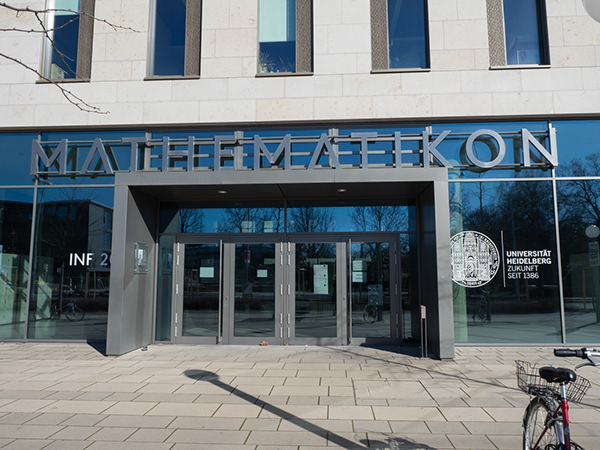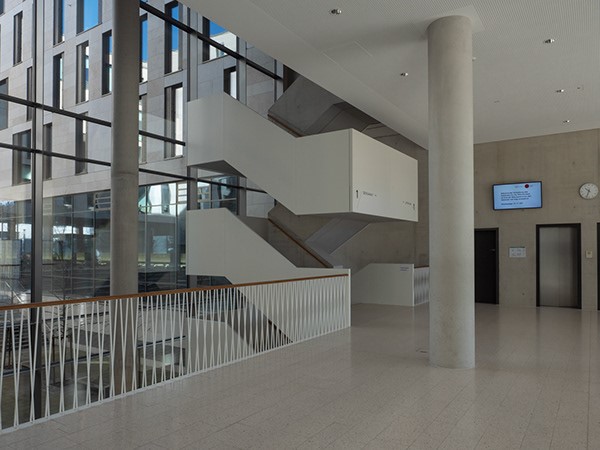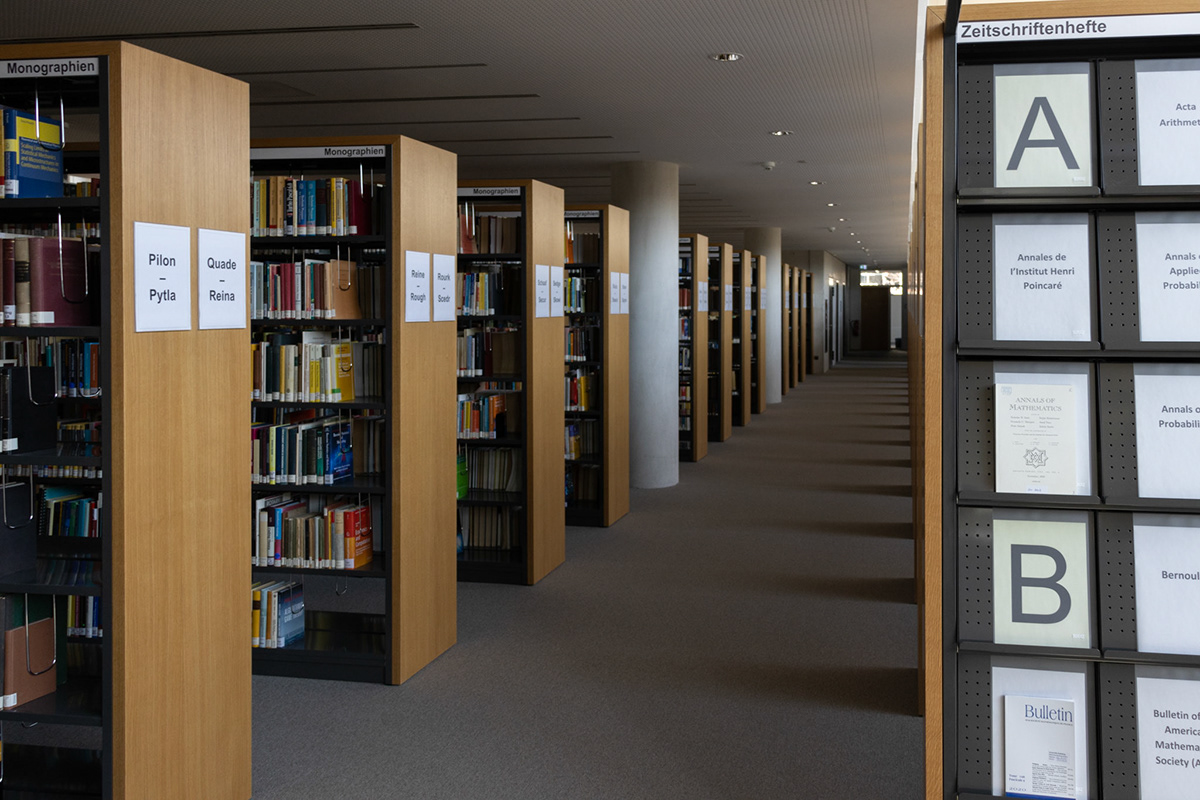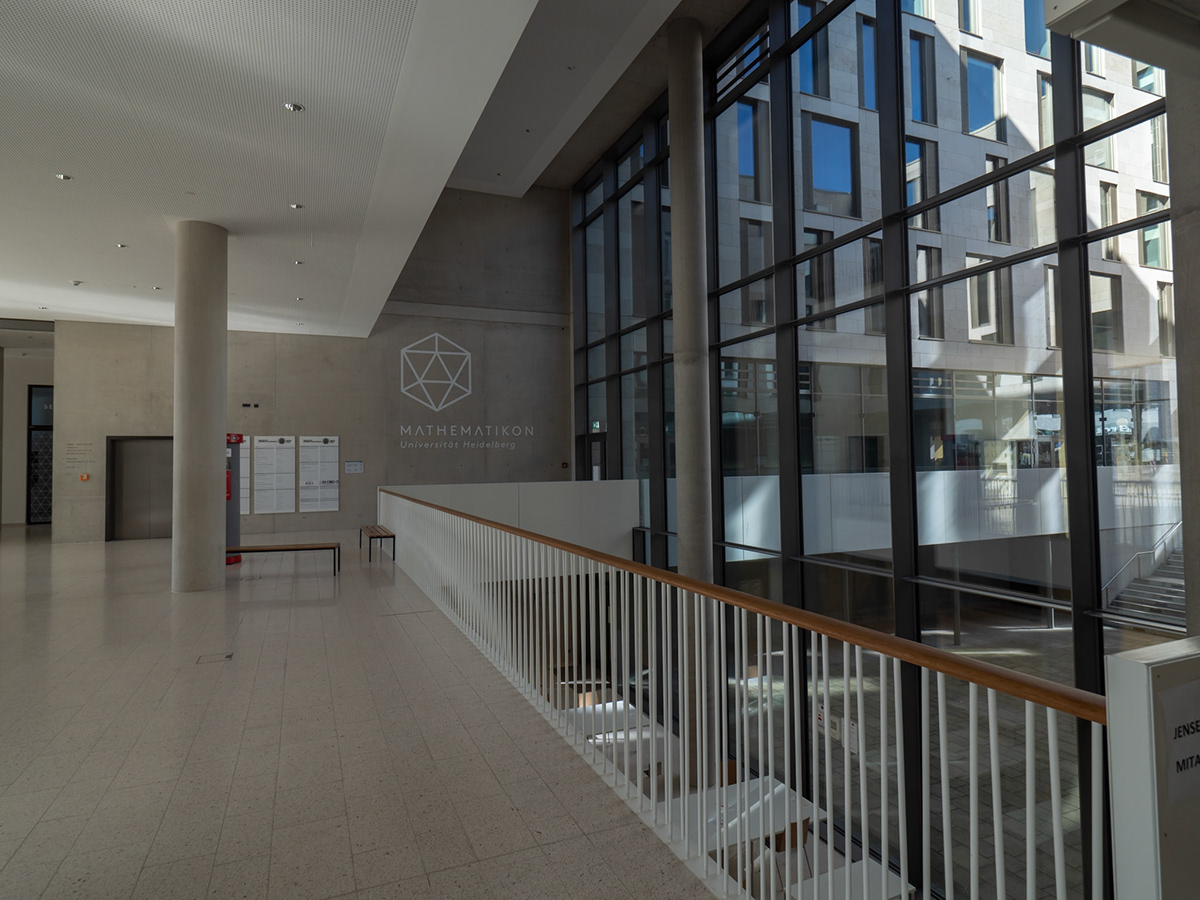
Exchange Programs
There are a number of different programmes with which you can study abroad. Most known is surely the Erasmus programme. We split the information into two parts, for those you study at Heidelberg University and want to go somewhere else and the second part collects information for those who come to Heidelberg University during their studies.
Information for Outgoing Students
Information for Incoming Students
Other Programs
FAQs Exchange Programs
Starting in 1987, ERASMUS is the mobility program of the European Union (EU). The aim of this program is to enhance both the collaboration between universities within the EU and other European countries (EU accession countries, Switzerland, Norway, Turkey), and the mobility of students and lecturers.
"Erasmus Plus" enters 2021 a new program period (2021-2027), with focus on social inclusion, green and digital inclusion and promoting young people's participation in democratic life.
Advantages of the ERASMUS program
- Tuition fee waiver at host university
- Transfer of credit points for study accomplishments
- Support and guidance at the host university
- Financial support for studying abroad
The winter semester begins October 1 and ends March 31, the summer semester begins April 1 and ends September 30. These dates correspond to the German traditional semester/lecture periods.
The lecture period times – mostly about 10-14 days after the beginning of the semester – can be found here.
Here you find an overview of the holiday days for Heidelberg University (in accordance with the State of Baden Württemberg).
Please note that 7-10 days before the official beginning of the lecture period, the International Relation Division (D7) - Section Erasmus - offers several activities. At the Institute of Computer Science, the “Fachschaft”, the departmental student committee, offers also a “Vorkurs”, a preliminary course in Mathematics and Computer Science shortly before the beginning of the lecture period.
The “vorbereitender Deutschkurs”, the (optional) intensive pre-semester German course for exchange students is also taking place generally 2-3 weeks before the beginning of the lecture period, i.e., in September or March.
There is no common exam period for the whole university. Nevertheless, most of the written and oral exams take place in the two last weeks of the lecture period.
Some exams may also take place in the first week after the end of the lecture period.
Central Erasmus Coordinator of Heidelberg University
- German language courses (intensive courses before lecture period and German courses during lecture period)
- Accomodation in a student residence hall
- Help with room hunting
- Help with issues at public authorities
- Enrollment as a student (enrollment/removal from the register of students, Certificate of Host University)
Contact information
Address: Erasmus Büro, Incoming-Bereich, Alexandra Braye
Webpage
Email
Departmental Erasmus Coordinator Computer Science/Mathematics at Heidelberg University
- Learning Agreement (LA)
- Changes to LA after confirmation of home university
- Issuing and sending the Transcript of Records (ToR) to Departmental coordinator or Institutional Coordinator of the home university by providing "Scheine" (certificates of course completion)
- Support in terms of teaching related issues
- Credit points/ECTS questions („Scheine“)
- Mentoring
The Learning Agreement has to be signed by the Erasmus Coordinators both of your home and host university.
In order to attend courses abroad that are not specified in the Learning Agreement, the student must first obtain the approval of the relevant course coordinator by e-mail. In the next step, he/she must contact the examination office and ask whether an accreditation is possible. Additionally, the approval of the coordinator on site is required. Without this, a change of courses is not possible. The changes must be registered in the Learning Agreement form (received from the Erasmus Office after acceptance for the grant) so that it is complete and correct.
The "Vorlesungsverzeichnis" for the faculty - the course catalog - can be found online (LSF and the Faculty's home page) in March for the summer semester and in September for winter semester, respectively. Some information such as location of the lecture may not have been set by the time of the first publication so always check regularly these sources.
Information about the course content and the number of credit points granted can be found in the module handbooks for Computer Science and for Mathematics. Please always use the latest module handbooks. For some courses, you have to register beforehand. See the information given on the LSF or on the webpage of the instructor.
If you are interested in courses specific to Technical Computer Science (Computer Engineering), please also have a look at the courses offered by the ZITI, the Institute for Computer Engineering.
The theoretical and practical knowledge are mediated by lectures, tutorials, seminars and practicals. Classes take place regularly during the semester. Exceptions might occur, so practicals might take place during semester breaks.
The course catalog (“Vorlesungsverzeichnis”) is only available online. The course contents can be found in the ”Modulhandbuch”.
For "Vorlesungen" and "Übungen" you mostly can registrate in MOODLE or/and MÜSLI, the two systems used at the Faculty. Please note that for "(Pro)Seminare", "Pratikum" it is best to contact beforehand the lecturer via email. The courses have a limited number of participants to ensure teaching quality so that after the selection process, your application may be accepted or rejected.
In principle, credit points are granted only for courses you have participated in and you have successfully passed the final exam. Depending on the number of semester hours (SWS) and the difficulty of the course, a certain number of credit points are granted according to the European Credit Transfer System (ECTS). The number of credit points granted is given in the "Modulhandbuch" of the respective study program.
Generally:
- 2h per week: 3-4 credit points (seminar, tutorial)
- 4 h per week: 6 credit points
- 6h per week: (4 h lecture + 2 h tutorial): 8 credit points
Some courses can have up to 12 credit points. These values are slightly different from one Faculty to another. Please always use the most recent catalog for checking the number of credit points. Courses without credit points can by request be sanctioned by a "Teilnahmebescheinigung" (certificate of participation). Make sure to inform yourself about the requisite to obtain this certificate prior to the start of the course. By presenting the certificate, the course will appear on your Transcript of Records (ToR), but with no credit points and no grade.
Later, your university can still decide to grant you credit points.
If the credit points at the foreign university are already specified in ECTS, these can be adopted. Otherwise, the credit points are determined in individual cases on the basis of the SWS studied. For the grades, there are university-internal conversion tables for each foreign university.
You submit your transcript from the foreign university to our examination office; this can also be done by e-mail.
- Teilnahmebescheinigung: attendance certificate
- Unbenoteter Schein (very rare): certificate of course completion without indicating a grade
- Benoteter Schein, Schein: certificate of course completion (with grade), certificate of achievement
Of course, it helps if there is an equivalent module in Heidelberg. However, it is also possible to have other examination results recognized in consultation with the examination board of your degree program.
Please see the information provided by the Institutional Coordinator through the “Erasmus Büro” of the International Relations Division. In the documents and emails sent by the Institutional Coordinator, you will receive information and application forms for German courses with special rates for Erasmus students.
Note that you can take an Intensive German course [taking place before the start of the lecture period (so September or March)] and a weekly course during the semester. Depending on the kind of German course, the number of credit points might differ. On the Learning Agreement (LA) just indicate the course(s) you want to take and put the number of credit points given. More information about credit points can be found on the page of the “Internationales Studienzentrum” (ISZ). We presume that you have already reached at least level A2/B1 in German.
A placement test will decide which course level is the most appropriate for you. The coordination for Erasmus students is ensured by the Institutional Coordinator. At the end of the course, a “Schein” (certificate of course completion) will be issued and has to be provided in original to the Erasmus Office.
Yes, language courses can be accredited. Please check with your Erasmus coordinator.
By free elective course we mean
- recreational and sports courses; see, e.g., Hochschulsport for respective offerings
- a series of conferences/talks offered to students of all Faculties (e.g., 'Studium Generale')
- a course offered by a Faculty to students of other Faculties at appropriate level
- introductory courses to learn computer languages such as Python, C++, Java ...
For 1. and 2., Heidelberg University does not grant credit points. For 3., some courses have credit points, others do not. More details can be found under „Veranstaltungen für Hörer aller Fakultäten“ in LSF. For 4., see the programming courses related to the basic lecture “Einführung in die Praktische Informatik” (with credit points) at our Faculty (only offered in winter semester!) or proposed as one or two-weeks crash course (C++, Python) taking place just before the lecture period begins. These courses can be found in the category “Praktika and Kurse”.
Also remember the courses offered by the URZ (Universitätsrechenzentrum, Heidelberg University Computing Centre). These URZ-courses give NO CREDIT POINTS.






